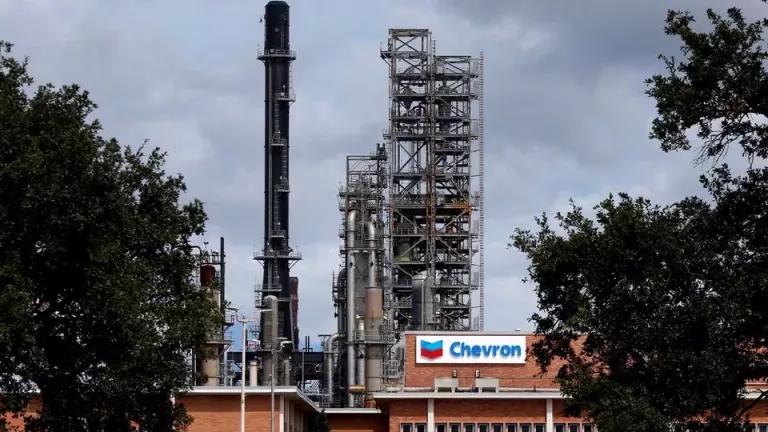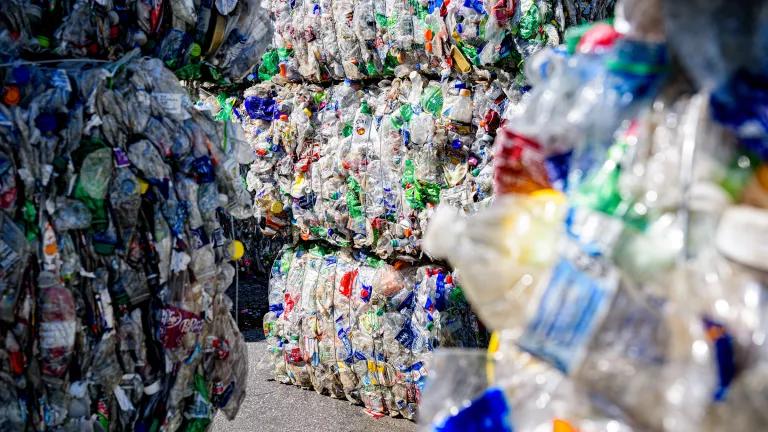World Ozone Day: The Global Effort to Save the Planet
Celebrating the World Ozone Day, India’s Ministry of Environment, Forests and Climate Change, released an action plan for implementing climate friendly cooling in the country.

Co-authored with Jessica Korsh
World Ozone Day, September 16th, is an annual reminder of what can be achieved when every country on the planet works together. The day commemorates the signing of the Montreal Protocol in 1987, the most successful environmental agreement till date. The Montreal Protocol has virtually eliminated chlorofluorocarbons (CFCs) and other ozone depleting substances (ODS), which were widely used as refrigerants/ coolants. The treaty protects earth’s fragile ozone layer, which defends us from the sun’s dangerous ultraviolet (UV) radiation. As a bonus, Montreal Protocol also addresses hydrofluorocarbons (HFCs), dangerous pollutants that fuel climate change. India has for decades played a key role in bringing about the success of the Montreal Protocol and has committed to carry on the good work in phasing down HFCs by ratifying and implementing the Kigali Amendment to the Montreal Protocol.
HFCs are greenhouse gases (GHGs) that can be hundreds to thousands of times more potent than carbon dioxide (CO2) in causing global warming. These super pollutants are used in air conditioners (ACs), refrigerators, supermarket freezers, aerosols, building insulation, and fire extinguishing systems. Reducing their use, as agreed, is expected to avoid up to 0.4°C of global temperature rise by the end of the century, while continuing to protect the ozone layer. In addition, the Kigali Amendment also provides an opportunity for improved energy efficiency in the cooling sector. New innovation replacing HFCs offers an opportunity to redesign air conditioning and refrigeration to use less power, allowing expansion of comfort cooling and cold chain efficiencies without increasing climate impacts.
India showed leadership on climate-friendly cooling when it released the India Cooling Action Plan (ICAP) in 2019. The ICAP sets domestic targets for cooling efficiency and refrigerants. Energy efficiency is a large part of India’s action on cooling. The country has made significant progress in improving efficiency in appliances, particularly with ACs. India’s appliance labelling program has strengthened AC efficiency standards by about 35 percent since 2006. Despite the progress, there is room to further improve AC energy efficiency standards. With India’s Kigali ratification now coming in, it could potentially help India secure additional Montreal Protocol Multilateral Fund financing for investment in manufacturing and low-GWP equipment production. In addition to the climate benefits, India’s ratification, and subsequent phase down of the HFCs will boost its domestic manufacturing and employment generation goals, spur domestic innovation, and attract international investments.
As the country now begins to prepare its HFC phase down strategy, it has the opportunity to show exemplary performance as in its past ODS phase downs. To recommend optimal phasedown scenarios, NRDC and partners are developing new analyses looking at future HFC demand in India. Preliminary results show that if India were to take actions to accelerate the refrigerant transition in direct space conditioning by five years, it could potentially peak its HFC demand earlier and avoid additional cumulative HFC demand requirements down the line.

Virtual World Ozone Day Celebrations by India’s MOEFCC
Celebrating the World Ozone Day, India’s Ministry of Environment, Forests and Climate Change, released an action plan for implementing the ICAP recommendations. This includes recommendations for space cooling in buildings, cold chain, and a handbook on good servicing practices for room ACs. The Montreal Protocol is a model for broader climate action and India has played a key role in its success till date. India’s move to ratify and implement the Kigali Amendment is a step in the right and will inspire other countries to come together to save the planet from the climate crisis. India’s Environment Minister Mr. Bhupendra Yadav, summarized it well:
“India has been successfully implementing the Montreal Protocol and its Amendments and played a key role in setting up the Multilateral Fund. The work on the Protocol is an example for how we all can work together and move fast to protect the Ozone and fight climate change. Kigali Amendment brings the focus on climate change within the Montreal Protocol. India will ratify the Amendment and will reduce HFCs by 80 percent by 2047. It is determined to do so, learning from its earlier phase downs,”
—Mr. Bhupendra Yadav, Honorable Minister of State, MOEFCC
Prima Madan is a cooling and efficiency expert working as a consultant with NRDC.
Jessica Korsh is a climate and health expert working as a consultant with NRDC.





